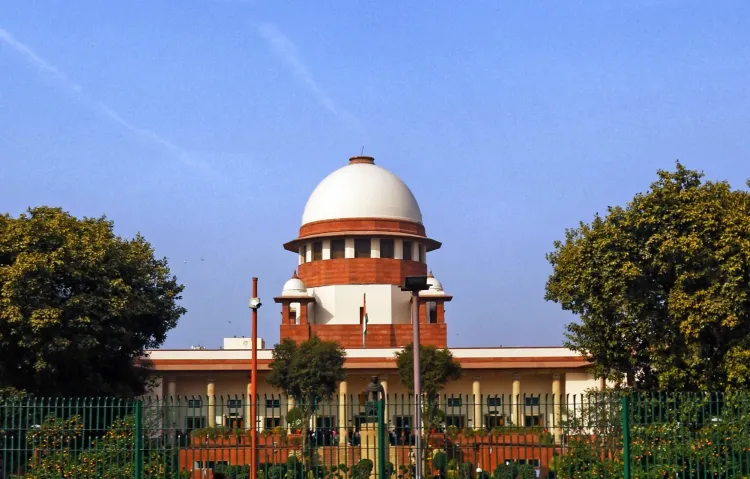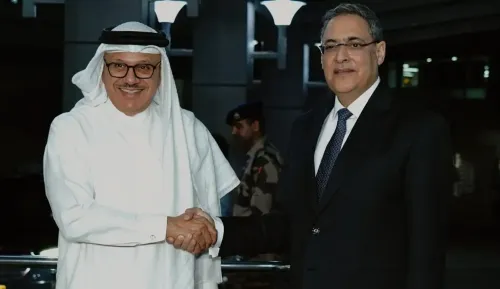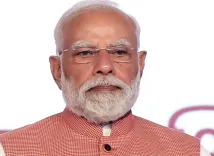Has the SC Issued Notice to Centre on the Blocking of 4PM YouTube Channel?

Synopsis
Key Takeaways
- The Supreme Court is reviewing the legality of the blocking of the 4PM News Network YouTube channel.
- Concerns about censorship and free speech have been raised in the context of national security.
- Legal principles regarding transparency and accountability in government actions are under scrutiny.
- Support from journalist bodies highlights the significance of independent media.
- The outcome could influence future media regulations in India.
New Delhi, May 5 (NationPress) The Supreme Court has issued a notice to the Union government regarding a petition from journalist Sanjay Sharma contesting the order to block the YouTube channel 4PM News Network. The directive was justified on the basis of "national security" and "public order".
A panel consisting of Justices B.R. Gavai and K.V. Viswanathan has requested responses from the Union government, including the Ministry of Home Affairs, as well as YouTube. The case is set for further hearing next week.
When interim relief was sought, the Justice Gavai-led bench informed senior advocate Kapil Sibal, representing the petitioner, that they were not inclined to issue any interim order until hearing from the other side.
In his writ petition submitted to the apex court, the editor of the digital news platform argued that the absence of the blocking order or the underlying complaint breaches both statutory and constitutional protections.
The petition states, "Rules 8, 9, and 16 of the Information Technology (Procedure and Safeguards for Blocking for Access of Information by Public) Rules, 2009, which allow blocking without prior notice or hearing, violate Articles 14, 19(1)(a), and 21 of the Constitution. These rules undermine the principles of natural justice and foster a shadowy regime of censorship lacking transparency or accountability.
Moreover, it asserts that the Constitution prohibits the indiscriminate removal of content without affording an opportunity to be heard.
The plea emphasized that "national security" and "public order" cannot be used as carte blanche justifications to shield executive actions from scrutiny. Although these are constitutionally recognized grounds under Article 19(2), they must be assessed for reasonableness and proportionality.
A vague reference to these grounds, without disclosing the specific content in question, hinders the petitioner’s ability to contest or rectify the allegations, thus violating his fundamental right to free speech and fair hearing.
Recently, the Editors Guild of India expressed deep concern over the Union government's decision to block the YouTube channel 4PM News Network, labeling the action as an "opaque use of executive power" without prior notice or a chance for response.
The Guild stated, "Arbitrary takedown orders undermine the fundamental right to freedom of speech. We reiterate our demand for a transparent and accountable mechanism for content takedowns, especially concerning journalistic endeavors. National security cannot serve as a pretext to mute critical voices or independent journalism."









